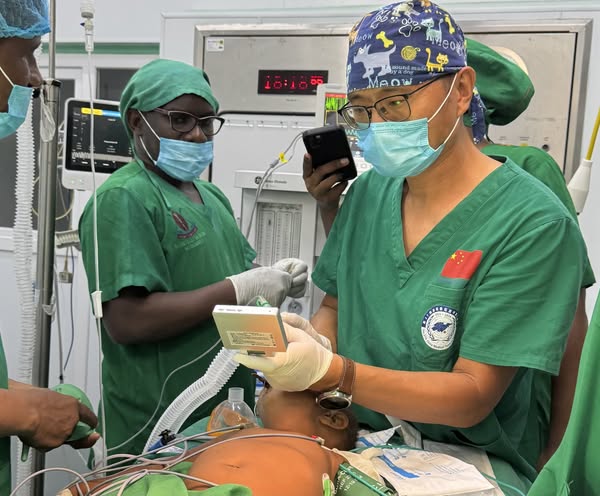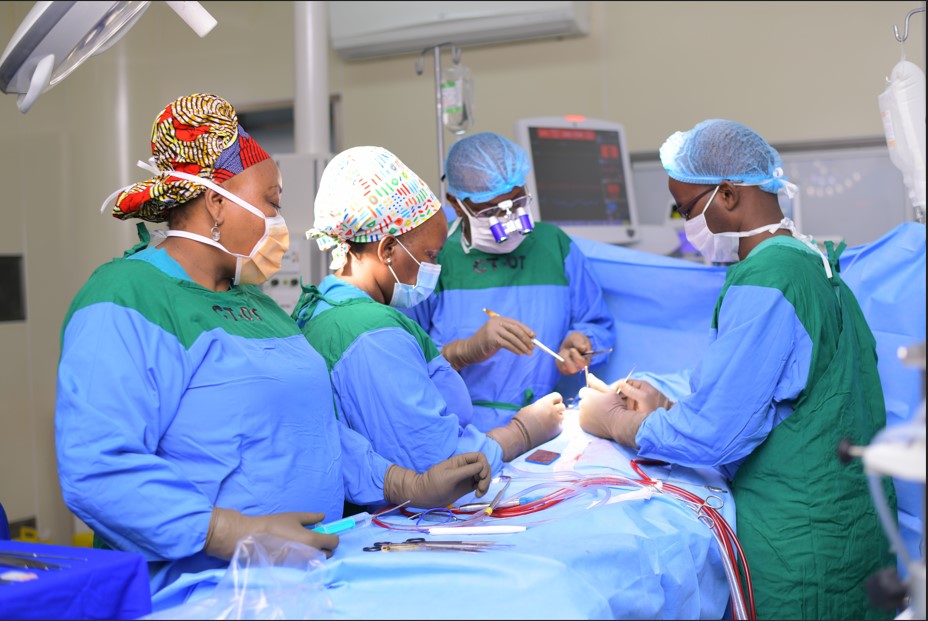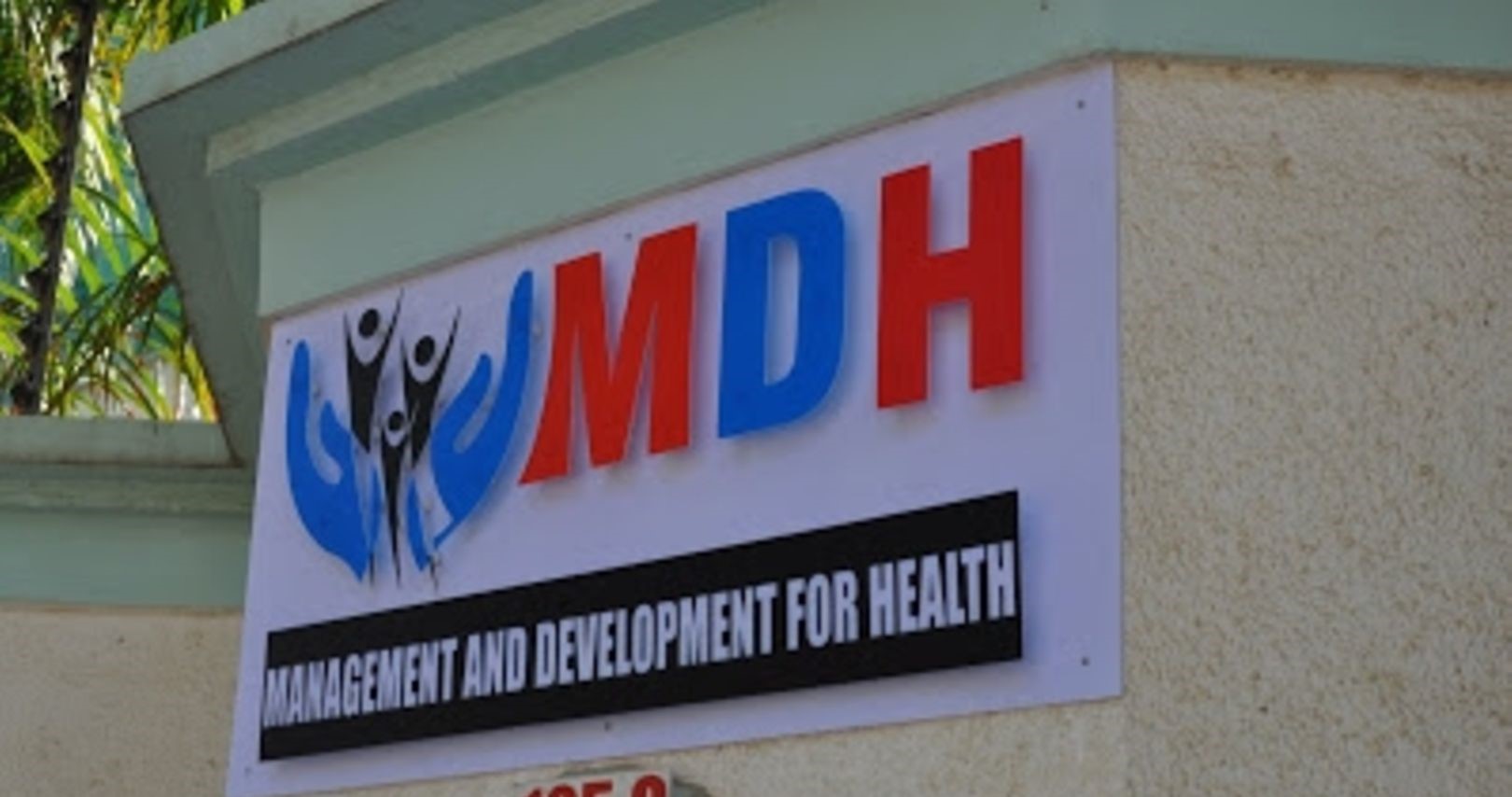MedicoPRESS is a Tanzanian not-for-profit organization dedicated to working with journalists and medical professionals to promote high-quality medical journalism and broader dissemination of health research in the public interest.
MedicoPRESS aims to:
Enrich public opinion with information-based medical journalism derived from medical science and health research. This will be done in a responsible and ethical manner, supported by reliable evidence.
Work with journalists to explain the knowledge embedded in health research and harbored by medical researchers and academics so they may provide the public with clear and insightful reporting on health-related issues.
Provide an open online site for people in Tanzania, East Africa and the rest of the world to receive and share medical information on best practices and sustainable solutions to health-related problems.
Provide a forum that spreads factual medical/health information that is editorially independent and free of commercial or political bias.
Follow the tenets of good healthcare reporting, which were adopted by the World Health Organization’s European Health Communications Network as guidance for good practice:
|
First drafted in 1998 by the media ethics charity MediaWise, these guidelines were developed in consultation with health communicators, health correspondents and the International Federation of Journalists over two years. The final version was adopted by the WHO European Health Communications Network as guidance for good practice.
Set standards in medical journalism as best practice and be as open, transparent, and accountable as possible.
Stand ready to be corrected when errors occur and ensure that any errors are acknowledged and corrected expeditiously.
Work with business, government, and academic partners, and our Board of Directors to ensure that our work serves the public interest.



